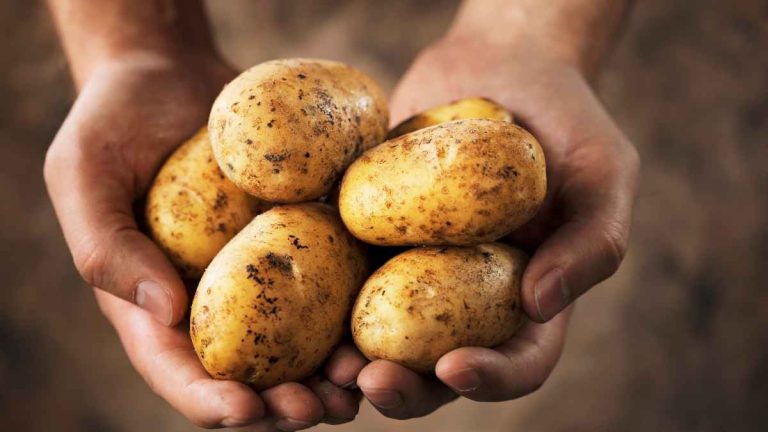In a bid to address the challenges posed by climate change, scientists are working on developing potatoes that can withstand extreme heatwaves. A recent study conducted by a team of researchers from the University of Illinois (UIUC) and the University of Essex has shown promising results, with heat-resistant varieties yielding up to 30% more potatoes when exposed to heat stress.
The research focused on modifying the plants by introducing two genes that enhance a process known as photorespiration. This adjustment improves the plants’ energy efficiency, allowing them to allocate more resources toward growth, thus increasing potato yields even in challenging climate conditions. The findings were published in the journal Global Change Biology, where the authors highlighted the potential for this research to significantly boost agricultural productivity in the face of global warming.
Dr Katherine Meacham-Hensold, leading the study under the Realising Increased Photosynthetic Efficiency (Ripe) project at UIUC, emphasised the necessity of developing crops that can thrive amidst rising temperatures. She stated, “We need to produce crops that can withstand more frequent and intense heatwave events if we are going to meet the population’s need for food in regions most at risk from reduced yields due to global warming.”
The study’s initial trials took place in a single location in Illinois, but the researchers acknowledge the need for multi-location field trials to validate their findings across diverse environments. Such extensive testing will be crucial in confirming the adaptability of these heat-resistant potatoes under various climatic conditions.
Dr Amanda Cavanagh from the University of Essex underscored the broader implications of this research. She noted that while many families cherish roast potatoes as a staple of festive meals, the impact of this work extends beyond holiday dinners. “This work could have a huge impact in the developing world and help safeguard crops for the people on the frontline of climate change,” she said.
The advancements made in developing heat-resistant potatoes are particularly vital for food security. As climate change threatens traditional agricultural practices, crops that can tolerate extreme conditions will be essential for sustaining food supplies. Professor Don Ort, a key figure in the study and the deputy director of the Ripe project, highlighted another critical aspect of their research: the genetic modifications made to improve photosynthesis did not compromise the nutritional quality of the potatoes. “Food security is not just about the amount of calories that can be produced but we must also consider the quality of the food,” he stated.
The implications of this research are profound, particularly for regions vulnerable to climate impacts, such as developing countries where food security is a pressing concern. By enhancing the resilience of staple crops like potatoes, scientists hope to ensure a stable food supply for future generations, even as climate challenges continue to escalate.
As researchers move forward with multi-location trials, the potential for heat-resistant potatoes to transform agricultural practices and bolster food security remains a hopeful prospect amid the pressing realities of climate change.


